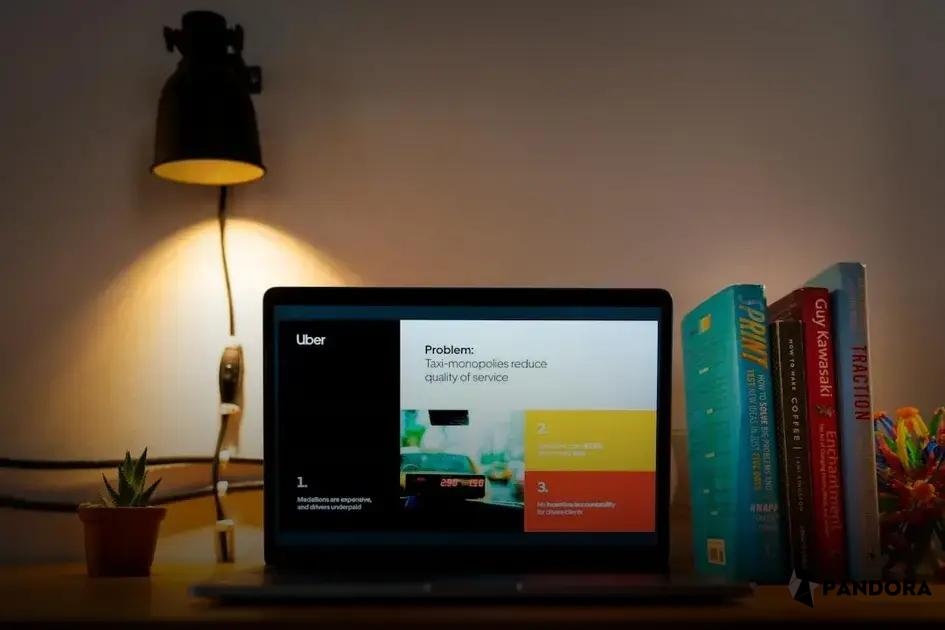Mastering How to Delegate Tasks Effectively is crucial for increasing your team’s productivity and achieving business goals. By identifying the tasks that can be delegated, you maximize efficiency and allow yourself to focus on strategic roles. Let’s explore the best strategies for effective delegation to achieve team success.
Identify the Right Tasks to Delegate
Understanding how to identify the tasks that should be delegated is a crucial step in the delegation process. Not all tasks are meant to be delegated, so it’s important to evaluate them carefully. Look for repetitive tasks that do not require your specific expertise; these are ideal candidates for delegation. Tasks that consume a lot of time but are low in complexity often benefit the most when delegated. Additionally, consider delegating responsibilities that could help team members grow and learn new skills. This empowers them while allowing you to focus on strategic activities that require your unique talents.
When deciding which tasks to hand off, examine your workload and prioritize tasks based on urgency and importance. Ask yourself if the task aligns with your core responsibilities or if it could provide a growth opportunity for someone else. Delegating correctly not only elevates team efficiency but also cultivates a sense of trust and teamwork, as individuals contribute towards shared objectives.
Choose the Best Team Members
To ensure successful task delegation, it is crucial to choose the best team members for each responsibility. Identifying individuals with the right skills and experience is a step that requires careful consideration. Look for team members who have demonstrated reliability in the past and show enthusiasm for the project at hand.
When selecting team members, consider their strengths and how they align with the task requirements. Ensure they have the capacity to take on additional work without being overwhelmed. It’s also beneficial to match tasks with members who have a genuine interest in the subject matter, as it usually results in higher quality outcomes and increased motivation.
Another key aspect is trust. Choose individuals who you can trust to follow through on commitments and problem-solve independently if issues arise. Having a diverse team with unique perspectives can also enrich the process, leading to innovative solutions and a more dynamic work environment.
Communicate Clearly and Set Expectations
Communicate clearly with your team to ensure all tasks are understood. It’s crucial to set expectations from the start. This means elaborating on what you anticipate from the project. Discuss deadlines, goals, and quality standards. By maintaining open communication, you ensure everyone is on the same page.
Setting expectations clearly reduces misunderstandings. When teams grasp what needs to be done, productivity increases. Define guidelines and boundaries early. This simplifies roles and responsibilities, preventing overlap and confusion.
Use visual aids or written instructions when necessary. Some team members learn better with visual cues. Break down projects into smaller, manageable parts. Explain these parts thoroughly to avoid ambiguity.
Encourage questions. An environment where inquiries are welcome leads to greater clarity. It promotes a culture of collaboration and understanding. Regular check-ins can be beneficial. They help you track progress and address any challenges early.
Transparency is vital
, so remain accessible for discussions. If a team member struggles, offer guidance promptly. Adapting your communication style to suit different team members can also be effective. This enhances teamwork, as everyone feels valued and heard.
Effective delegation relies on clear communication and well-defined expectations. This foundational step sets the pace for successful project completion.
Provide Support and Recognize Efforts
When you delegate tasks, it’s crucial to provide the necessary support to your team members. Ensure they have access to all the resources and training they might need to complete the tasks effectively. By doing so, you help build their confidence and enhance their skills.
Acknowledge the effort your team puts into their delegated tasks. Recognition can be a powerful motivator. Make sure to offer positive feedback for their progress and accomplishments. This not only boosts morale but also encourages them to take on new challenges in the future.
Consider implementing a system of regular check-ins to monitor progress and address any challenges. This demonstrates your commitment to their success and provides an opportunity for open communication. Encourage a two-way dialogue, where team members feel comfortable asking for help or clarification.
Celebrate milestones and successes together. Whether it’s a small acknowledgment or a formal reward, showing appreciation for their hard work fosters a positive and productive work environment. Remember, your encouragement and recognition contribute significantly to their motivation and the overall success of delegated tasks.





